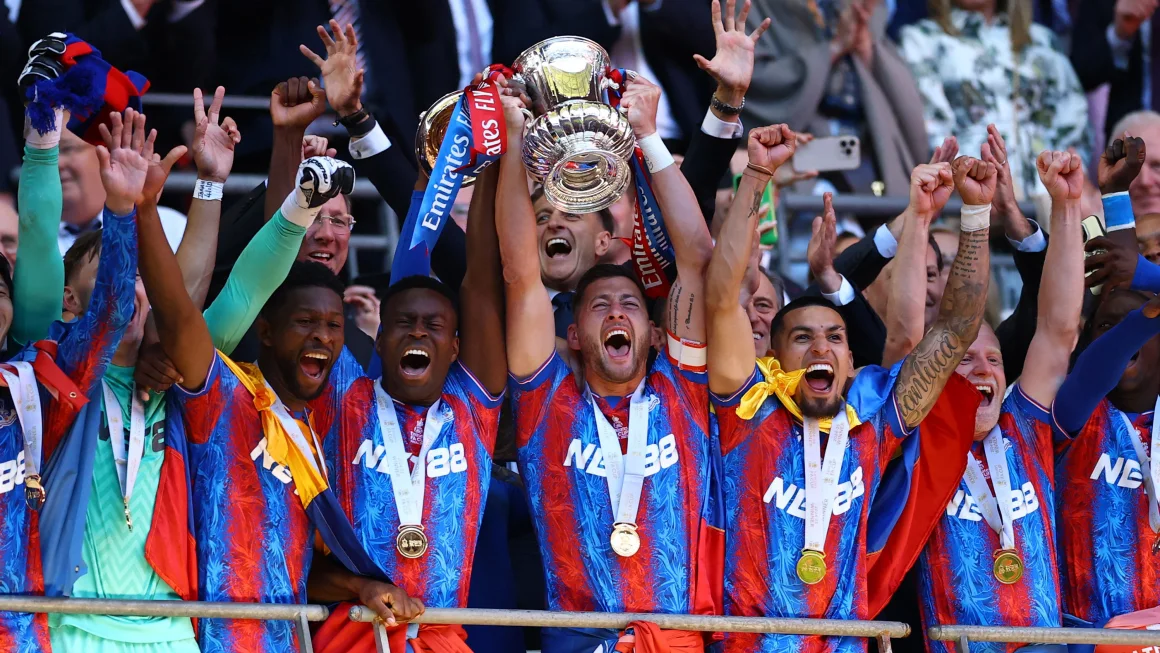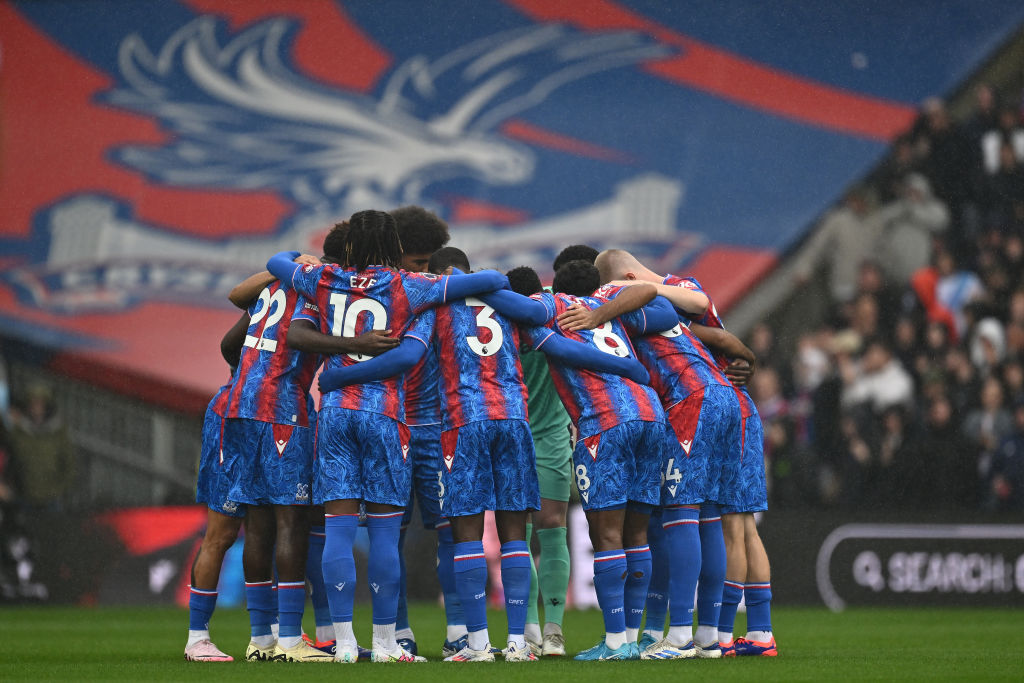Introduction
In a stunning development for English football, Crystal Palace, fresh from their historic FA Cup triumph, have been demoted from the UEFA Europa League to the third-tier UEFA Conference League for the 2025/26 season. This decision, made by UEFA’s Club Financial Control Body (CFCB), comes as a result of the club’s breach of strict multi-club ownership rules, specifically due to the overlapping ownership interests of American businessman John Textor in both Crystal Palace and French club Olympique Lyonnais.
Background: Palace’s European Dream
Crystal Palace’s 2024/25 campaign was one for the ages. The club secured its first major trophy by defeating Manchester City in the FA Cup final, earning a coveted spot in the Europa League. This achievement was not only a milestone for the club but also a moment of immense pride for its fans, who had never before seen their team qualify for a major European competition.

The Multi-Club Ownership Issue
The heart of the controversy lies in UEFA’s regulations designed to protect the integrity of its competitions. Under these rules, no individual or entity may have a “decisive influence” over more than one club participating in the same UEFA competition. The intent is to prevent conflicts of interest that could undermine the fairness of European tournaments.
John Textor, through Eagle Football Holdings, holds a significant stake in both Crystal Palace (43.9%) and Olympique Lyonnais (77%). Despite Palace’s arguments that Textor did not exercise control over the club’s footballing decisions, UEFA’s regulations consider any dual holding above 30% as problematic. As both Palace and Lyon qualified for the Europa League—Palace through the FA Cup and Lyon by finishing sixth in Ligue 1—UEFA was compelled to investigate.
The Sequence of Events
- March 1, 2025: UEFA’s deadline for resolving multi-club ownership issues passes without a solution from Palace or Lyon.
- Spring 2025: Lyon faces financial turmoil and is provisionally relegated to Ligue 2, which would have resolved the conflict by removing them from European contention. However, Lyon successfully appeals and is reinstated to Ligue 1, regaining their Europa League spot.
- June-July 2025: John Textor agrees to sell his Palace shares to US billionaire Woody Johnson, but the transaction is not completed before UEFA’s deadline. Palace’s defense—that Textor had no decisive influence—fails to convince UEFA.
- July 11, 2025: UEFA announces its decision: Lyon is admitted to the Europa League, while Palace is relegated to the Conference League. Nottingham Forest, who finished 7th in the Premier League, are promoted to the Europa League in Palace’s place.
Implications for Crystal Palace
The demotion is a significant blow for Palace, both financially and in terms of prestige. The Europa League offers considerably greater prize money and exposure compared to the Conference League. Moreover, Palace must now navigate a qualifying round to even reach the group stage of the Conference League, whereas their Europa League place was guaranteed.
The club has indicated its intention to appeal the decision to the Court of Arbitration for Sport (CAS), but time is short, with the Conference League qualifiers looming. If the appeal fails, this episode will represent a bitter footnote to what should have been the club’s most celebrated season.
Broader Impact and UEFA’s Stance
UEFA’s ruling underscores its commitment to enforcing multi-club ownership rules, especially as such investment structures become more common in global football. The Palace-Lyon case is a warning to other clubs and investors: UEFA will not hesitate to act, even at the expense of sporting achievement, to preserve the integrity of its competitions.
Conclusion
Crystal Palace’s demotion from the Europa League is a cautionary tale about the complexities and risks of modern football ownership. While the club’s on-field success should have heralded a new era, off-field entanglements have instead cast a shadow over their European ambitions. The final outcome now rests with the Court of Arbitration for Sport, but for now, Palace and their supporters must come to terms with a harsh lesson in football governance.

